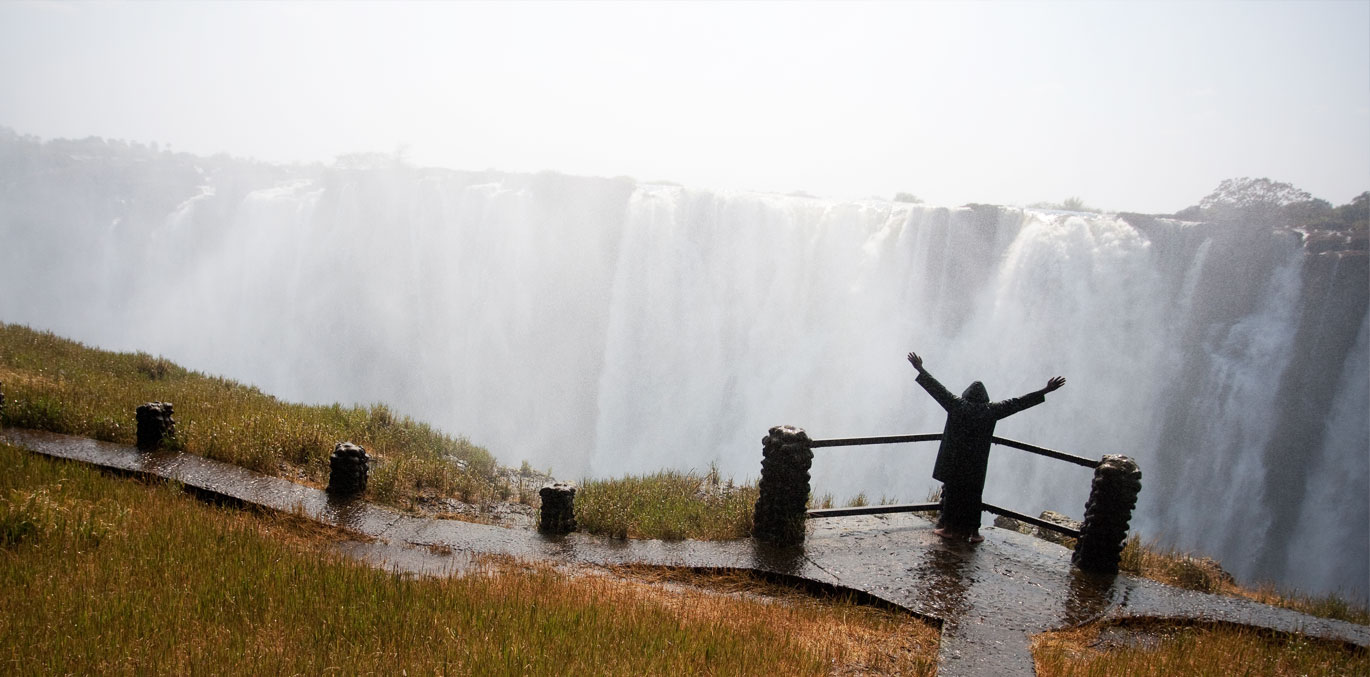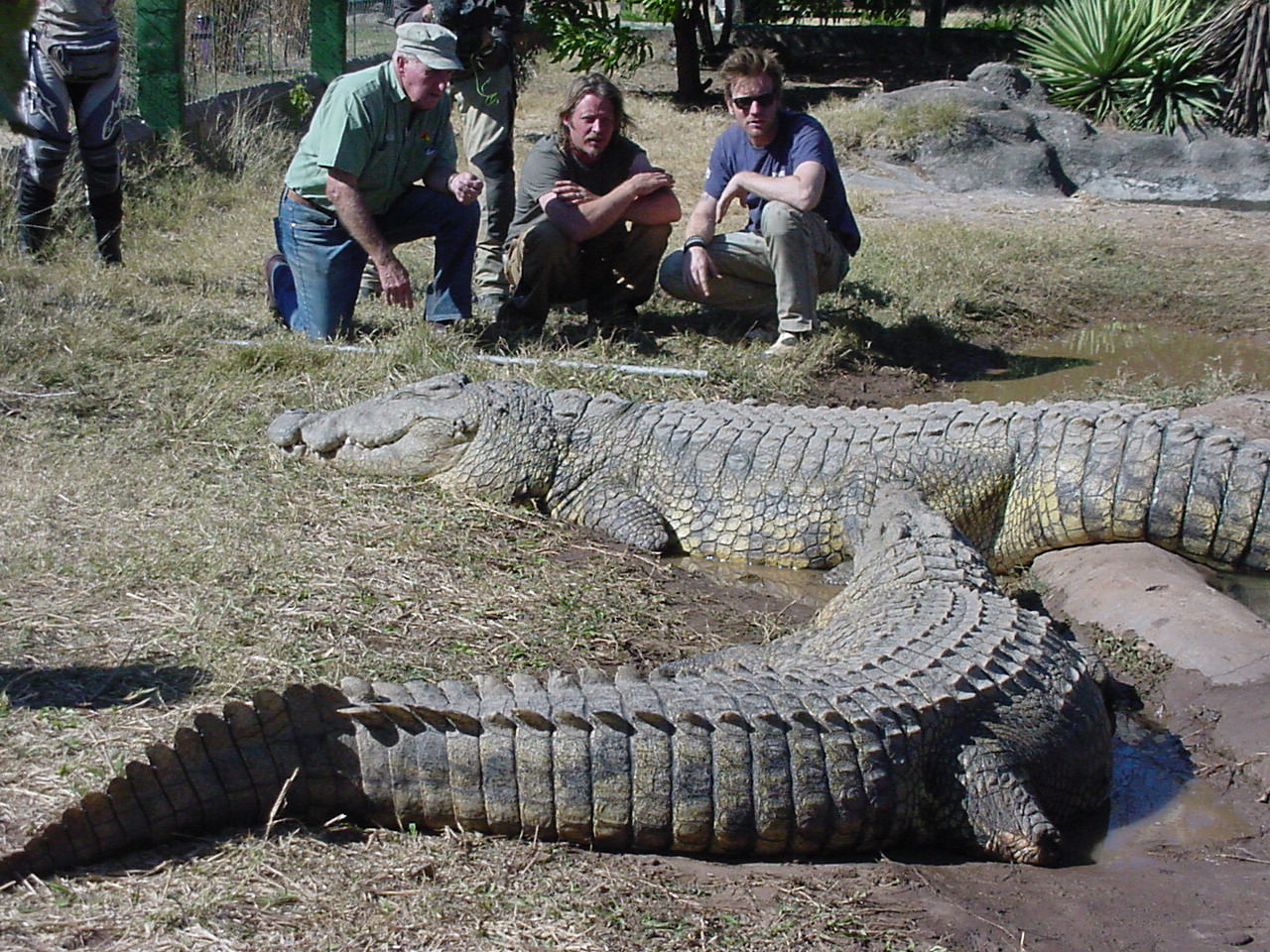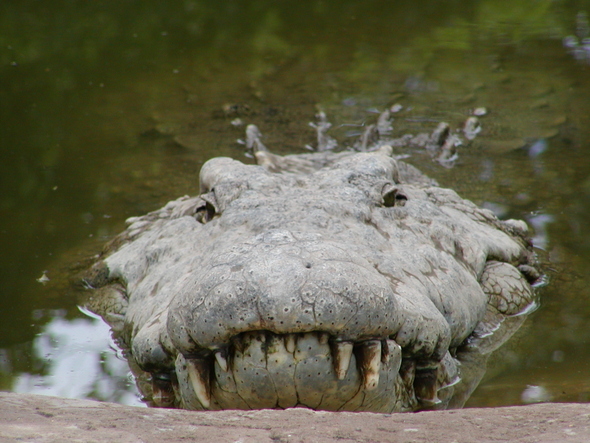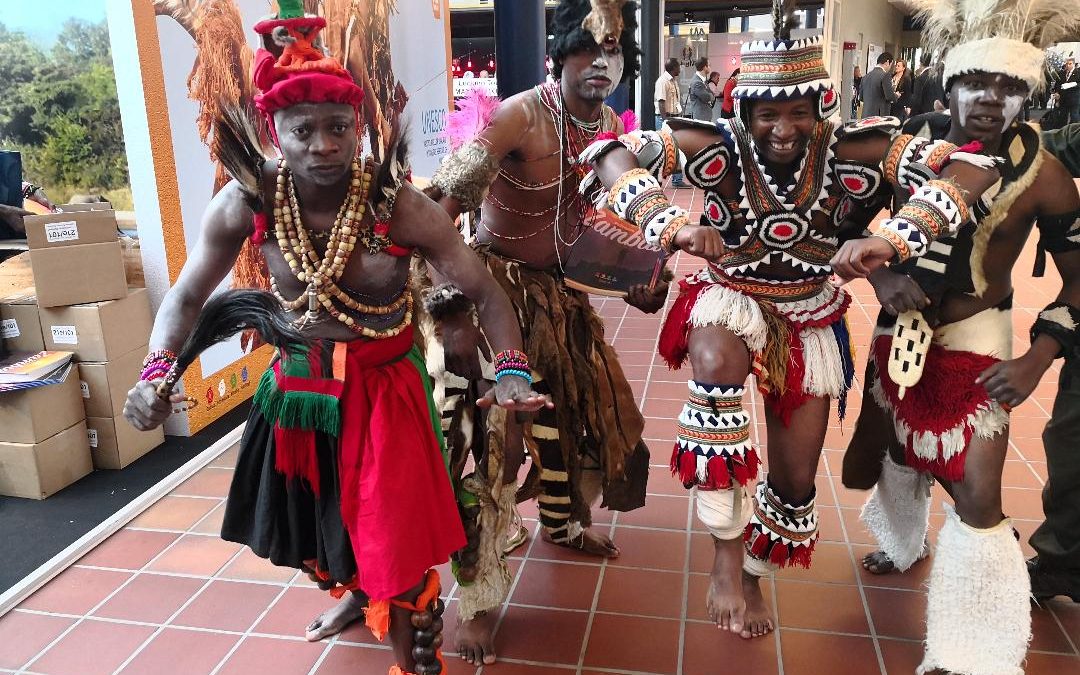Livingstone: Be Here, Be Inspired - Sir Crocodile, The Lord of Zambezi
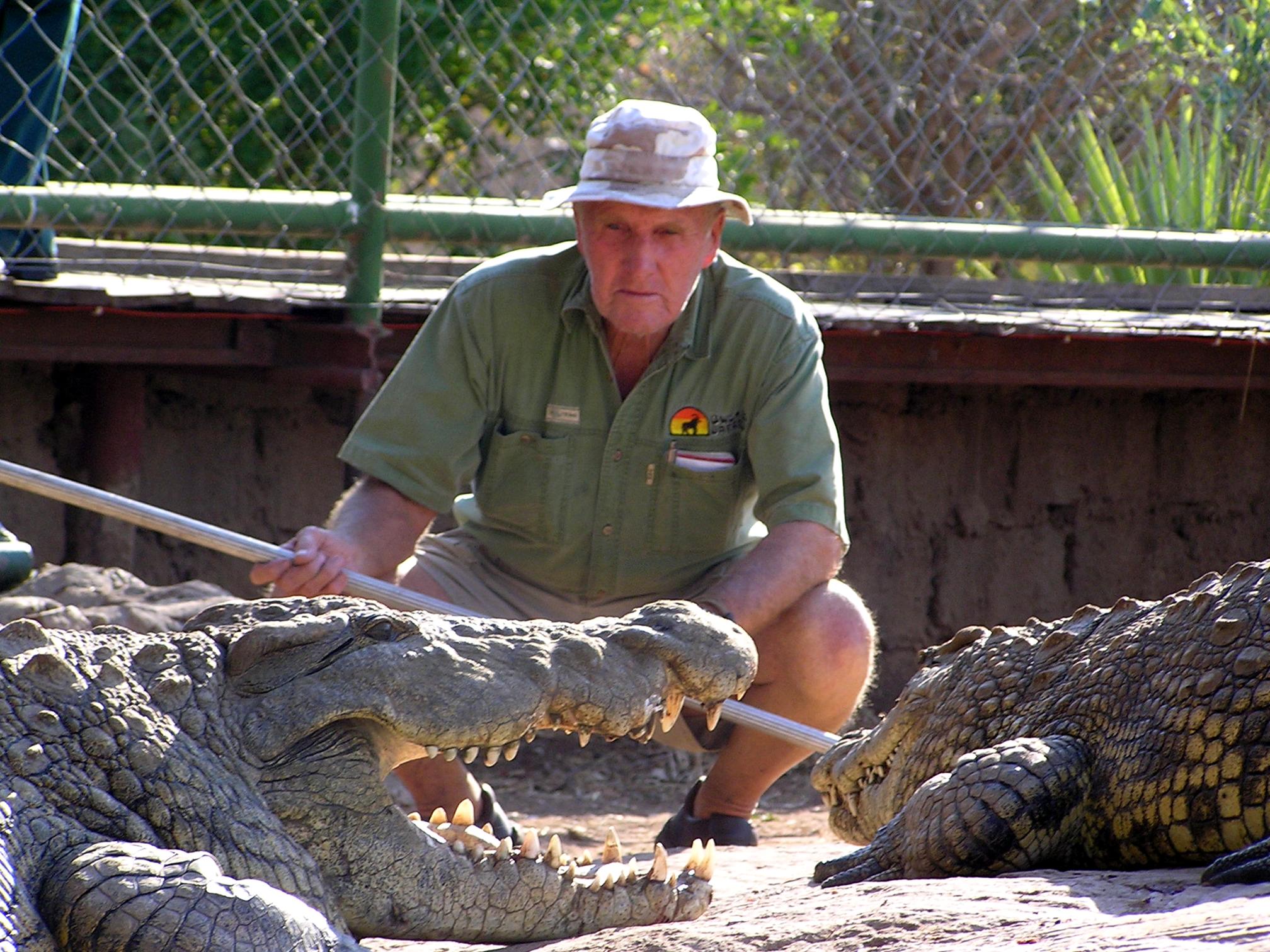
The Zambezi is famous world wide for the colony of crocodiles living on its banks. Did you know anything about crocodile before going to Livingstone ? If you didn't, I suggest you may stop by Gwembe Reptile Park (http://www.gwembesafaris.com) to learn more about the Lord of the Zambezi. That will be an interesting way to answer the multiple questions you of course have about the oldest animal species existing on earth. Because Crocodiles are related to Dinosaurus, did you know that ? Crocodiles can be traced back to 140 millions years ago, when dinosaurs roamed planet earth. They are still the most dominant carnivore species in lakes and rivers. Crocodiles during the Jurassic period were up to 60 feet long and were already a well-developed species. They were probably feeding on some of the better-known aquatic and terrestrial dinosaurs such as T-Rex.
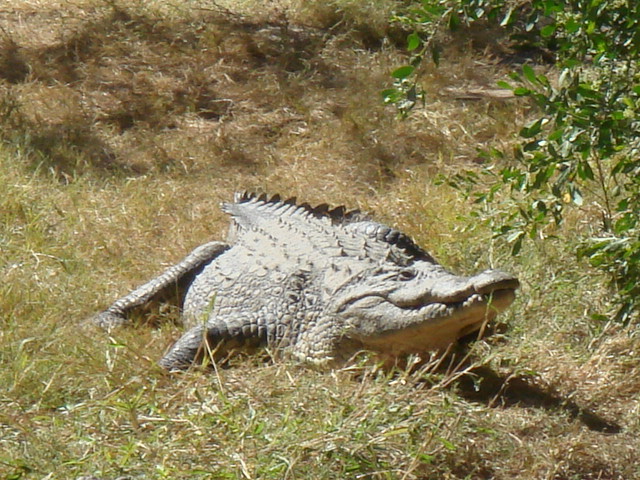
You really don't want to experience a croc' bite ! The pressure of their jaws closing is phenomenal, up to 40 tons per square centimetre, but at the same time, they can carry their youngs in their mouth and may roll an egg about in their mouth to crack it to help their youngs hatch.
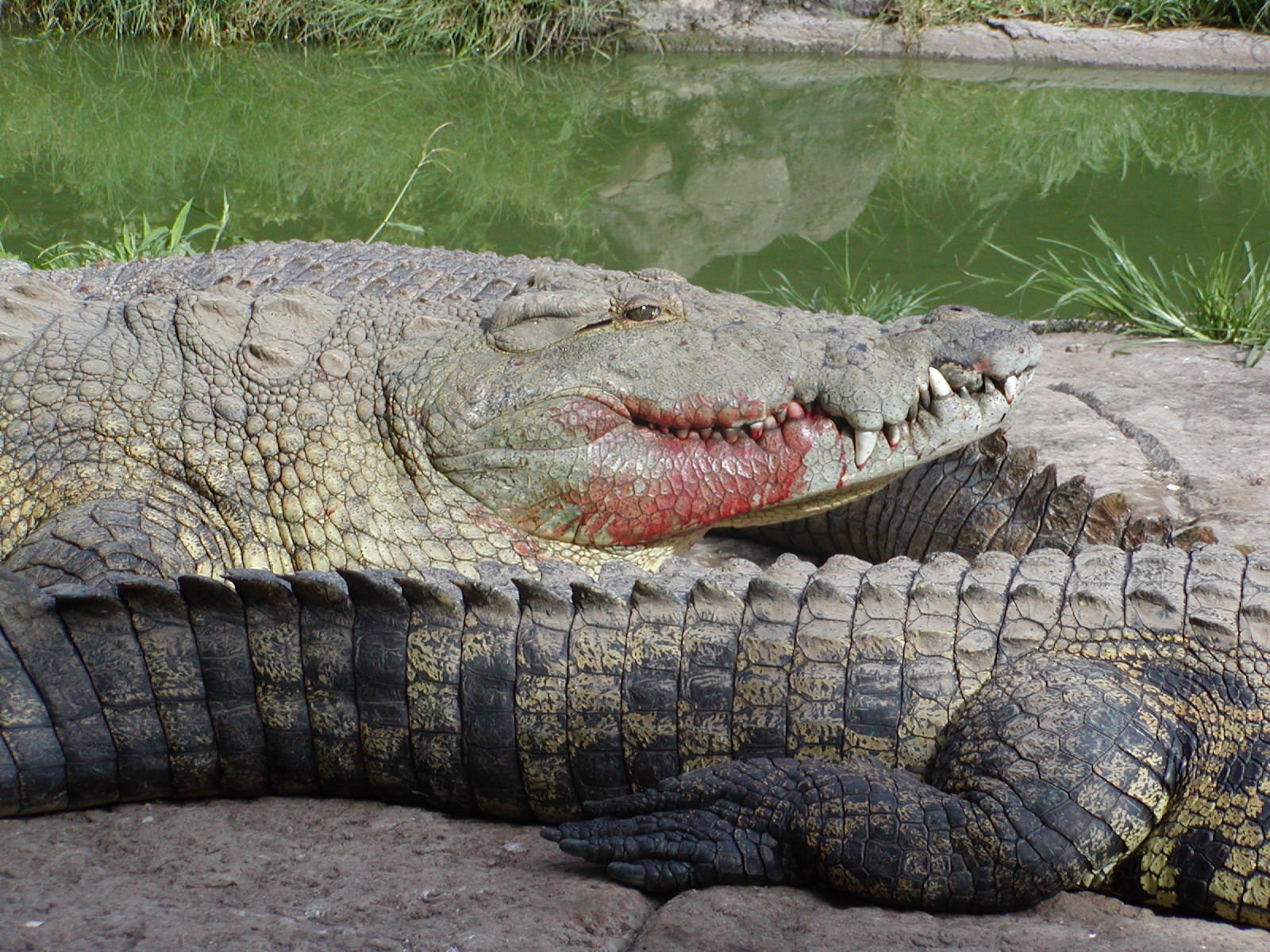
The Nile Crocodile is a perfect hunter. He has some killer instinct and some specific predator skills. He can lift about two thirds of its total length out of the water almost vertically. Just think about it when the crocodile can measure 6 meters long ! Impressive, uh ? A croc can stay under water for about an hour and under stress conditions for up to 3 hours. It does this by slowing its heart rate to 4 beats per minute thereby using less oxygen. They can close 2 chambers of their heart when diving. The two chambers that remain open feed the heart itself and the brain. A crocodile can attain a speed of 20 knots underwater over a short distance, particularly when attacking a pray! They have a very good sense of smell and can smell a cracass from several kilometres away. Fortunately, they're not gourmet. They actually can't swallow properly. Crocodiles gulp their food and swallow it in chunks because they have no sideways chewing action. The arrangement of their head and jaws means that they can only open and close their jaws. It takes a crocodile two weeks to digest anything then. In the wild they may only eat once every six months. A crocodile can survive for up to one year without food, surviving on its' fat reserves. Be sure, that they won't miss the opportunity to catch a pray !
There is so many things to learn from crocodiles and i have to admit that Gwembe Reptile Park knows how to make it fascinating. Probably because schools have been visiting the reptile park for years. Gwembe is really dedicated to it. How interesting is the design of the crocodile's body, their habits and the way they've managed to survive for 140 millions years. The ecosystem benefits from crocodiles actions too. The crocodile oil is very famous down here in africa to renfore your immune system.
If you definitely want to know more about the lord of Zambezi, please visit Gwembe Reptile Park here in Livingstone, you will remain terrified by crocodiles but at least you'll know why !
Say Hi to Munguni!
